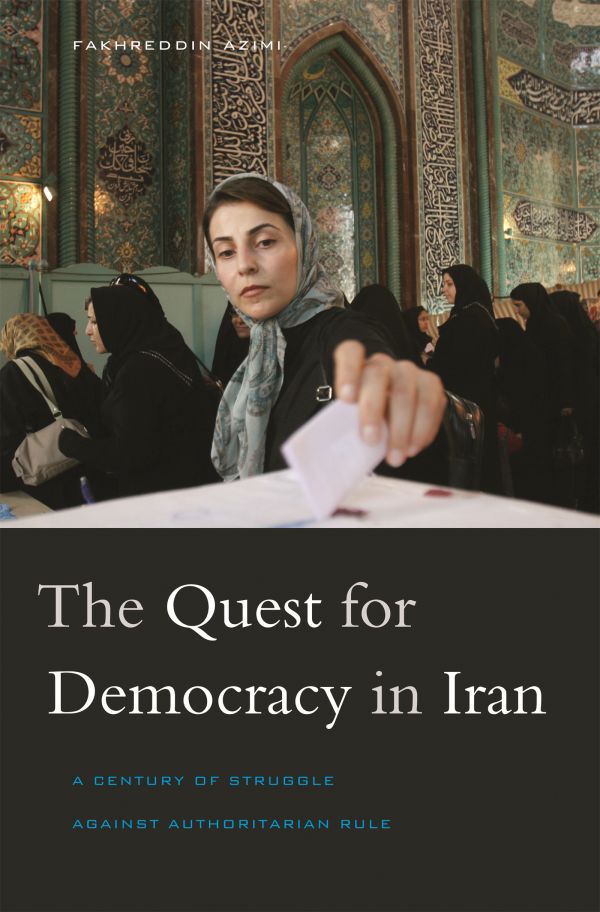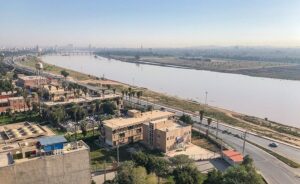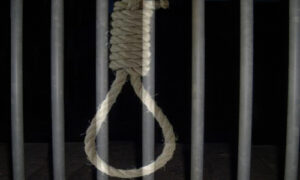Quest for Freedom: Navigating the Path to Liberation in Iran
As I penned this piece, my mind was fixated on the notion: when will Iranians truly savor freedom? Particularly amidst the distressing reports of human rights abuses in Iran. Unable to stifle my inquiry, I ponder: Are we Iranians fated to perpetual deprivation of the freedom we yearn for? Are we more pressingly under a curse? How long will it endure? Yet, the question persists: as Iranians, our agency seems limited, leaving us pondering how to effect change amidst such constraints. Let me elucidate further by recounting specific incidents that illustrate our predicament.
Let’s delve into the recent protest in Iran, which unfolded in September 2022 following the tragic death of Jina Mahsa Amini while in custody due to her perceived “improper” attire. Amini, a 22-year-old Sunni woman from Iran’s Kurdish minority, became a symbol of the Iranian regime’s intensifying authoritarianism. The repercussions of participating in any protest in Iran are evident. You’re either brutally beaten and killed on the spot, if luck is on your side, or you face arrest, which opens a whole new realm of hardship. Don’t be surprised when I say that being beaten or shot on the streets might be considered luckier, as the alternative of arrest leads to an unbearable plight.
Being arrested in Iran, especially under the accusation of participating in a protest, spells utter ruin. Once apprehended, enduring brutal torture for months on end, even if you possess a high pain threshold, inevitably leads to capitulation. The agony becomes so unbearable that one is coerced into accepting any accusation simply to escape the torment. For women, this nightmare is compounded by horrific sexual harassment and abuse. Once you succumb to the tormentors and confess to the charges they dictate, it’s a done deal. Facing the court with your coerced confession, you’re inevitably sentenced, often to the gravest punishment: death by execution, typically on charges of “moharebeh” (waging war against God) along with “corruption on Earth.” These are just a handful of names among the many who have been executed by the death penalty for their involvement in the recent protests: Saleh Mirhashemi Baltaghi, Majid Kazemi, Saeed Yaqoubi Kordafli, Sayed Mohammad Hosseini, Mohammad Mehdi Karami, and the list continues. The estimated number of individuals facing the death penalty ranges from 227 to 15,000. It’s terrifying. It is so shocking that even Justin Trudeau, the Canadian Prime Minister, addressed the issue, denouncing the Iranian regime’s barbaric decision to execute nearly 15,000 protesters.
If you believe that simply participating in a protest can lead to serious consequences, reconsider. In Iran, singing a song can result in receiving the death penalty. Toomaj Salehi, a well-known Iranian rapper, is facing such a fate after being sentenced to death by the Iranian Revolutionary Court for his involvement in the 2022–23 unrest. Salehi’s songs supported the protests that erupted in Iran following the death of Mahsa Amini, a 22-year-old Kurdish Iranian woman, while in police custody, allegedly for not wearing a proper hijab. In a nearly 15-minute video, Salehi recounted the physical and mental torture he endured at the hands of regime authorities since his arrest in 2022. “I was severely tortured during the arrest. They broke my hands and legs and inflicted numerous blows to my face and head. I attempted to shield myself with my hands, resulting in my fingers being broken, and this torture persisted for an extended period,” Toomaj disclosed.
These are just a few examples of the many people who have fallen victim to this oppressive regime. Returning to the original question, in the absence of international support and in the face of such a brutal, barbaric regime, what options do Iranians have, and how can they possibly achieve freedom, particularly when this regime shows no hesitation in sacrificing countless lives to maintain its grip on power? Indeed, it’s a somber reality, perhaps leaning towards pessimism, but unfortunately, it remains the undeniable truth.
Mayasa
13.05.2024




















